Health Lab
Michigan Medicine's daily online publication featuring news and stories about the future of health care.
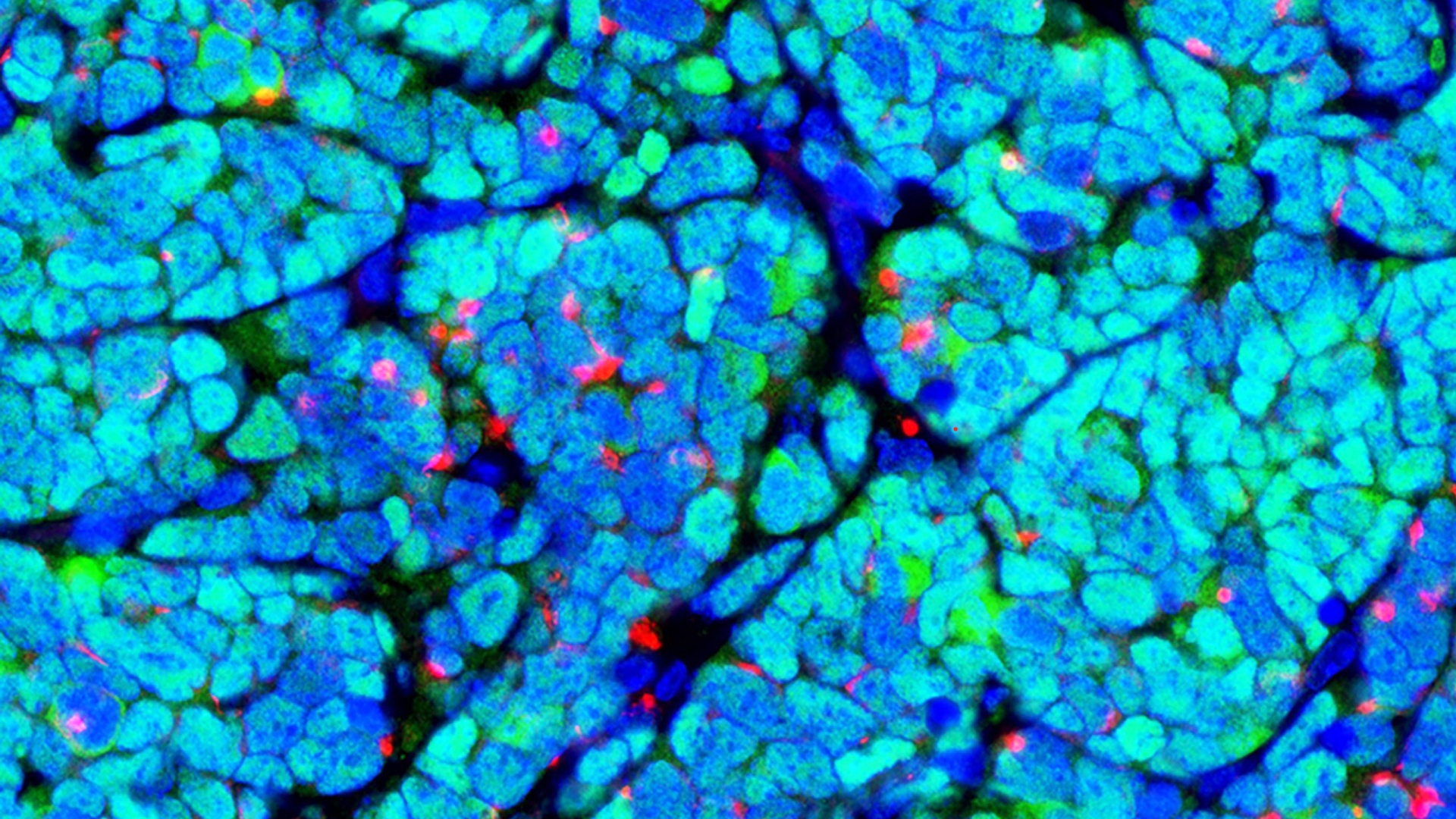

Health Lab
The holidays provide an ideal time to open lines of communication about how cancer and other disease histories may impact loved one’s health journeys

Want top health & research news weekly? Sign up for Health Lab’s newsletters today!

Health Lab
One woman's unexpected lung cancer diagnosis leads her to help many who aren't aware they're at risk of the disease.

Health Lab
A study identifies an enzyme as a new therapeutic target for “cold” tumors.

Health Lab
The holidays are a great time to discuss your family's medical history. Learn the importance of discussing your family's health history and how to bring it up.
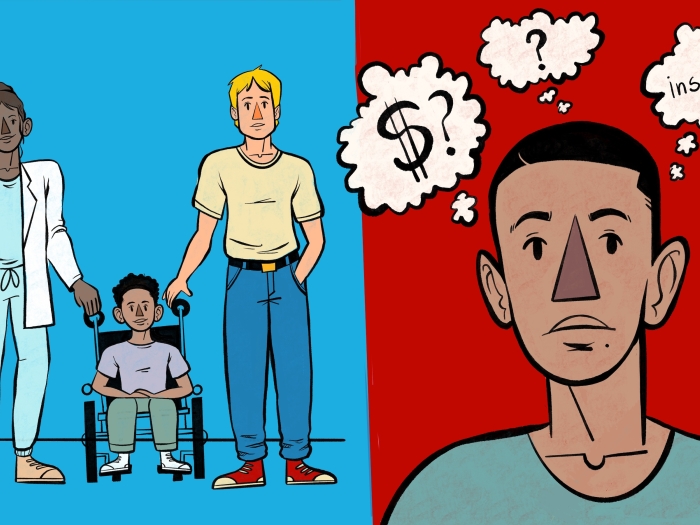
Health Lab
Cerebral palsy is defined as a childhood disorder, which fails to recognize adults living with the condition and the lack of care they receive once they age out of pediatric clinics.
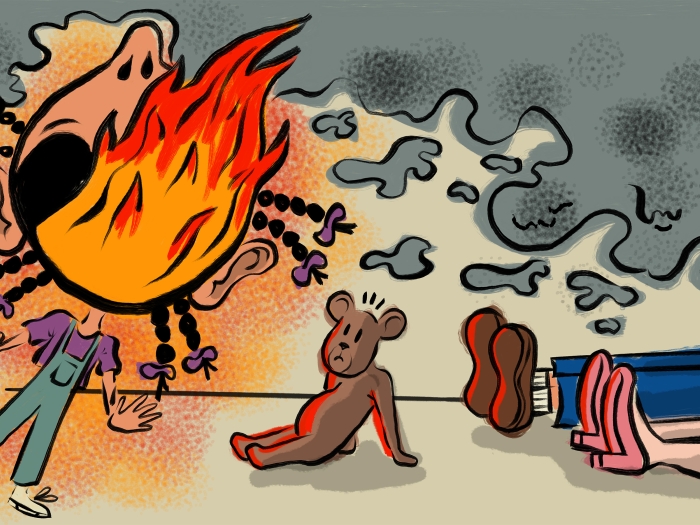
Health Lab
One in seven parents think their child gets angrier than peers of the same age and four in 10 say their child has experienced negative consequences when angry, a national poll suggests.

Health Lab
Food allergies can be life threatening. To prepare for big family gatherings around eating, a patient's mother shares her kid's story and a Michigan Medicine food allergy expert provides simple advice for hosts to follow.
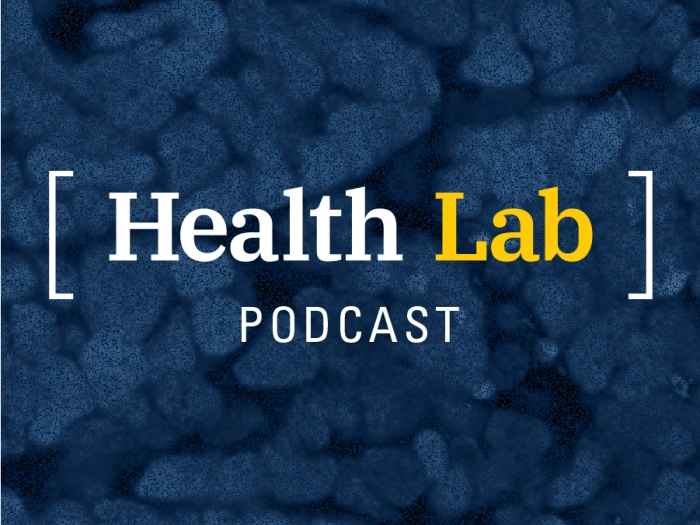
The Health Lab Podcast
Subscribe today on Apple Podcasts, Spotify, Stitcher or wherever you get your podcasts.

Health Lab
A study identifies an enzyme as a new therapeutic target for “cold” tumors.

Health Lab
Cerebral palsy is defined as a childhood disorder, which fails to recognize adults living with the condition and the lack of care they receive once they age out of pediatric clinics.

Health Lab
One in seven parents think their child gets angrier than peers of the same age and four in 10 say their child has experienced negative consequences when angry, a national poll suggests.

Health Lab
Newly presented data suggest that infants who receive a hybrid stage I palliation – a less invasive alternative for initial treatment – more commonly develop necrotizing enterocolitis compared to those who receive the standard Norwood operation, a complex open heart surgery.

Health Lab
Black patients are less likely than white patients to receive certain medical tests that doctors use to diagnose severe disease, impacting artificial intelligence data. But researchers have found a way to correct the bias in these data sets.
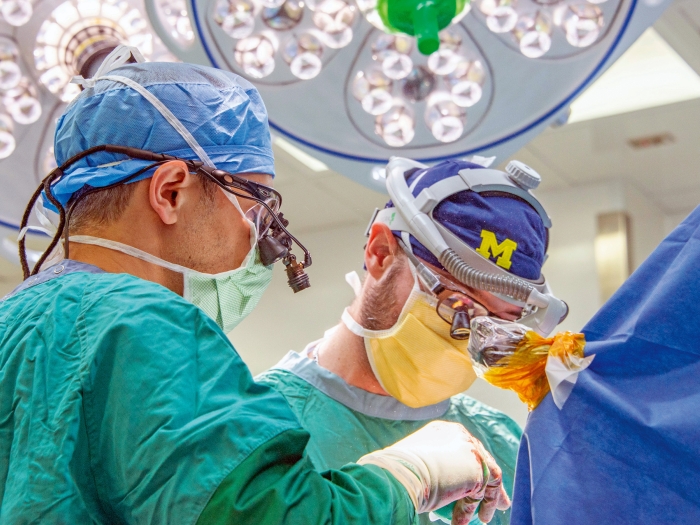
Health Lab
Researchers have developed an AI powered model that — in 10 seconds — can determine during surgery if any part of a cancerous brain tumor that could be removed remains, a study published in Nature suggests.